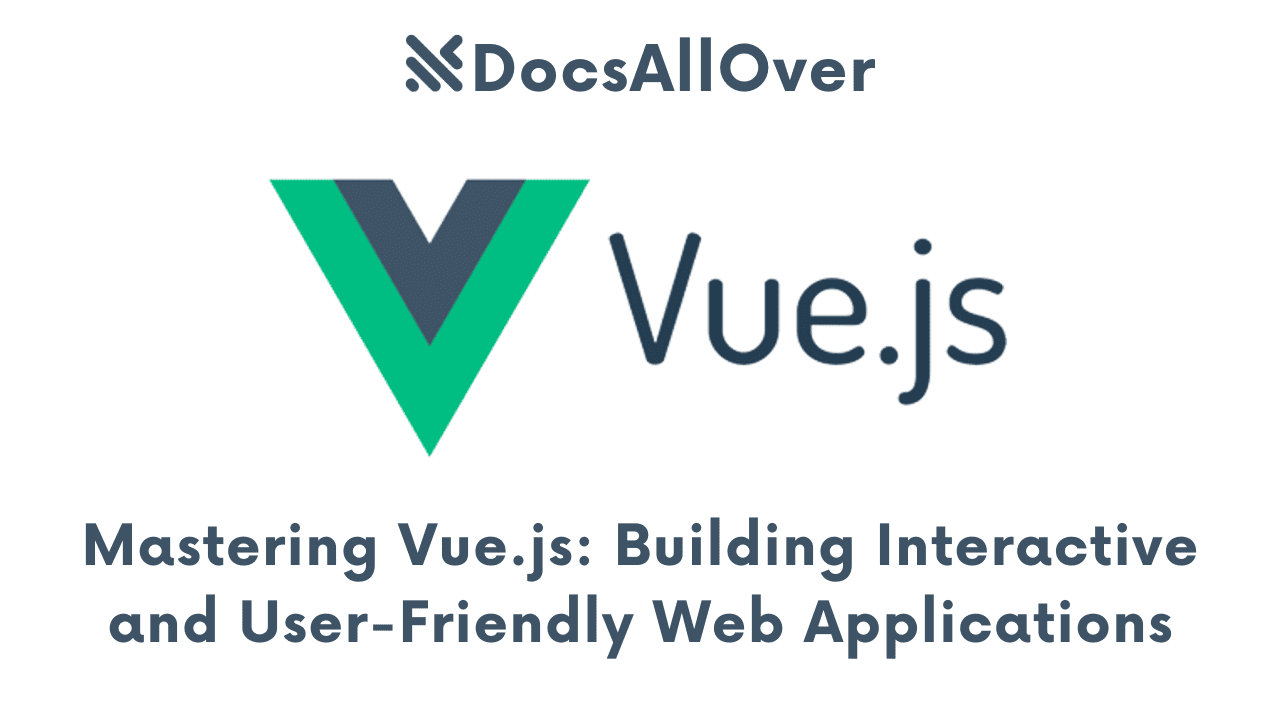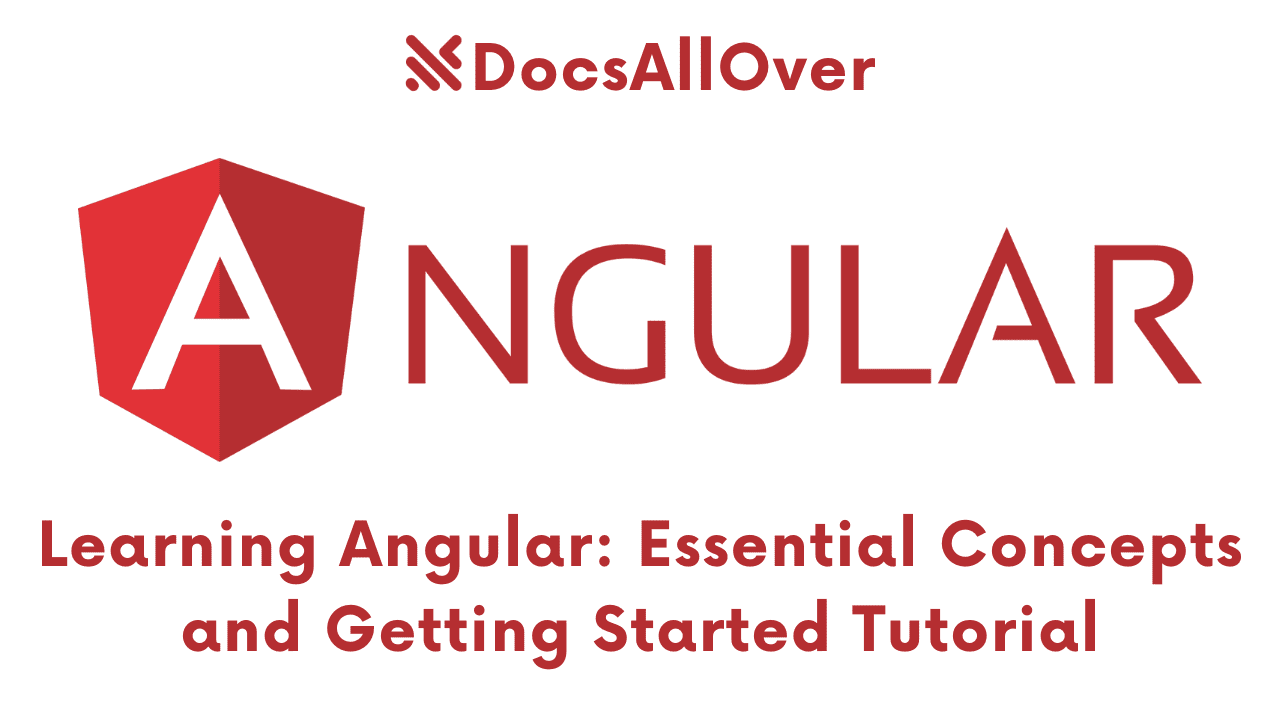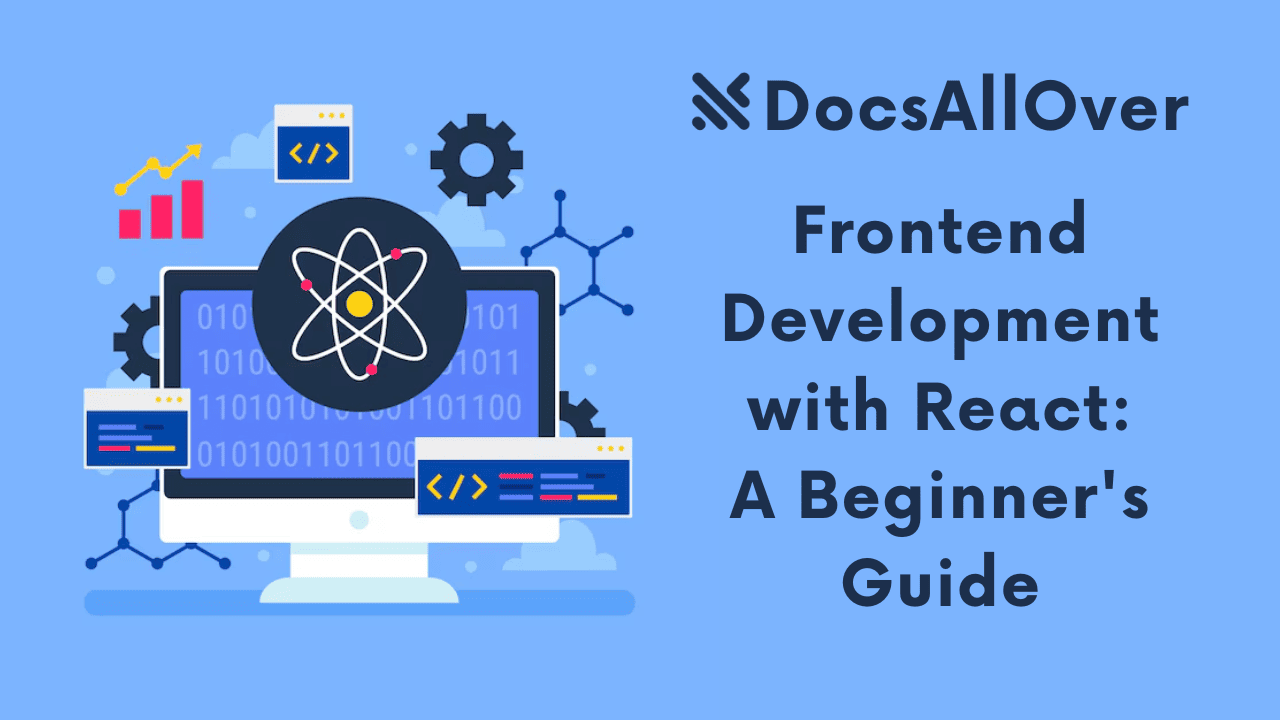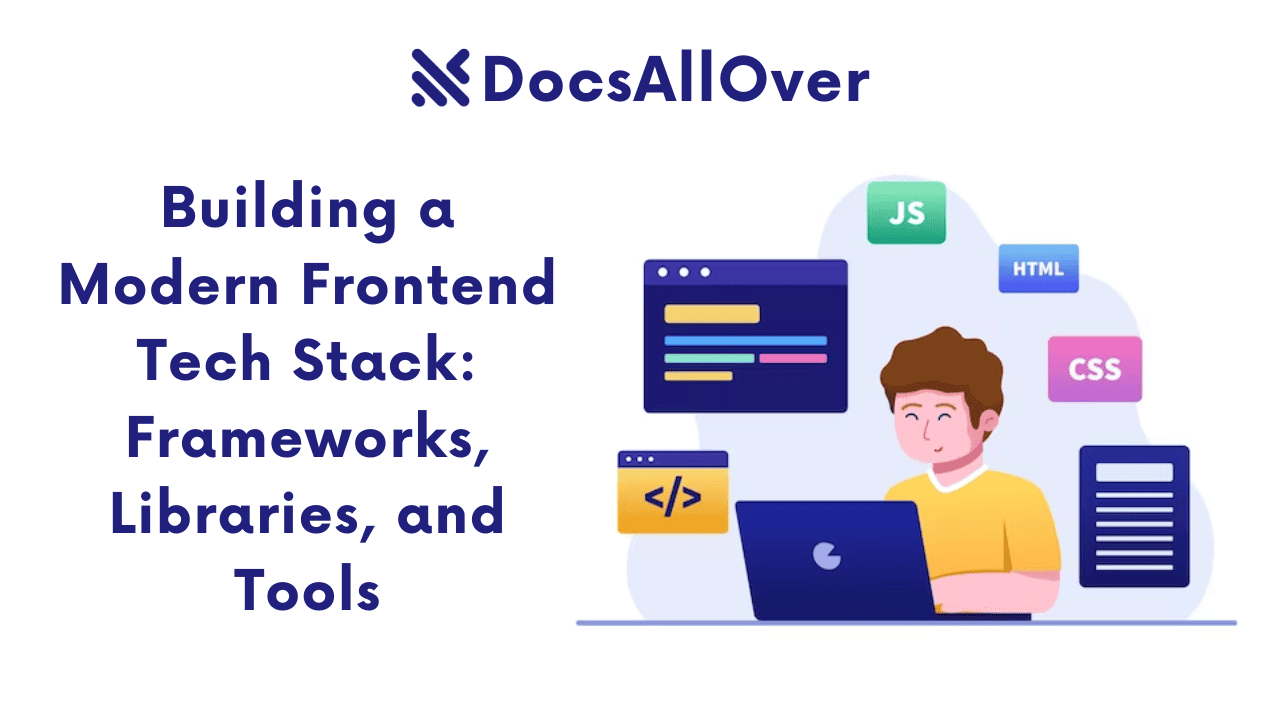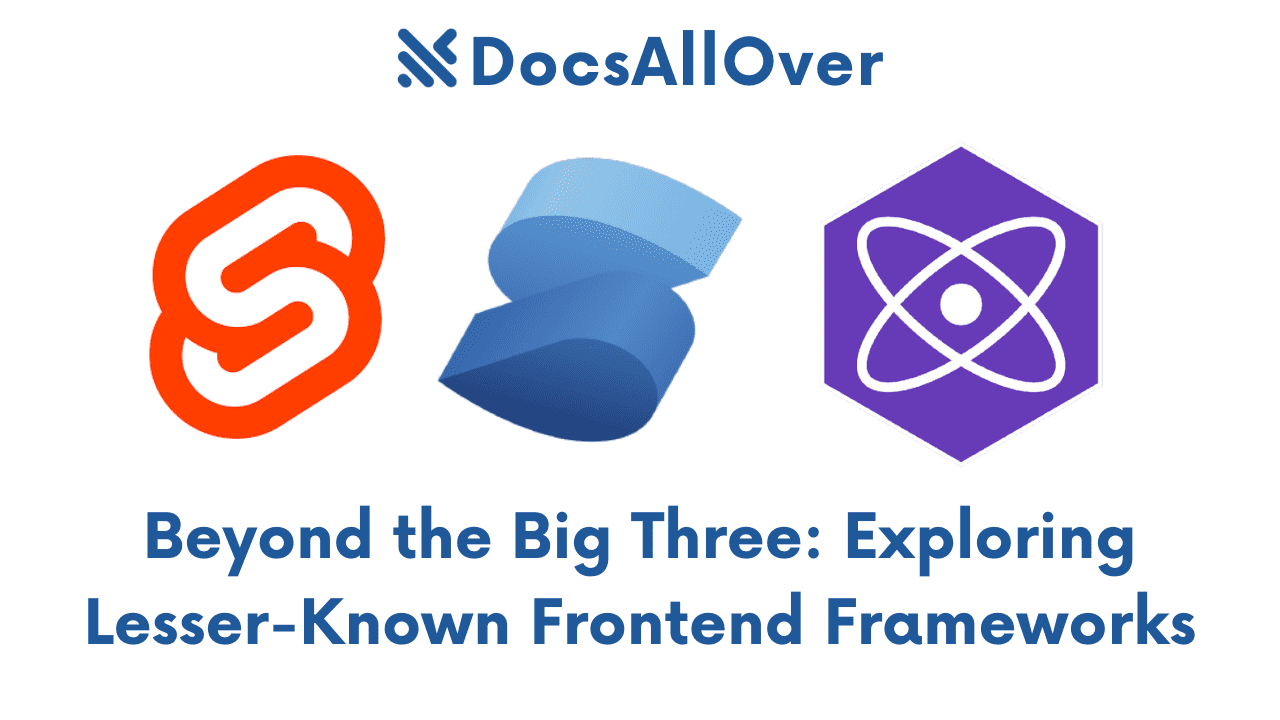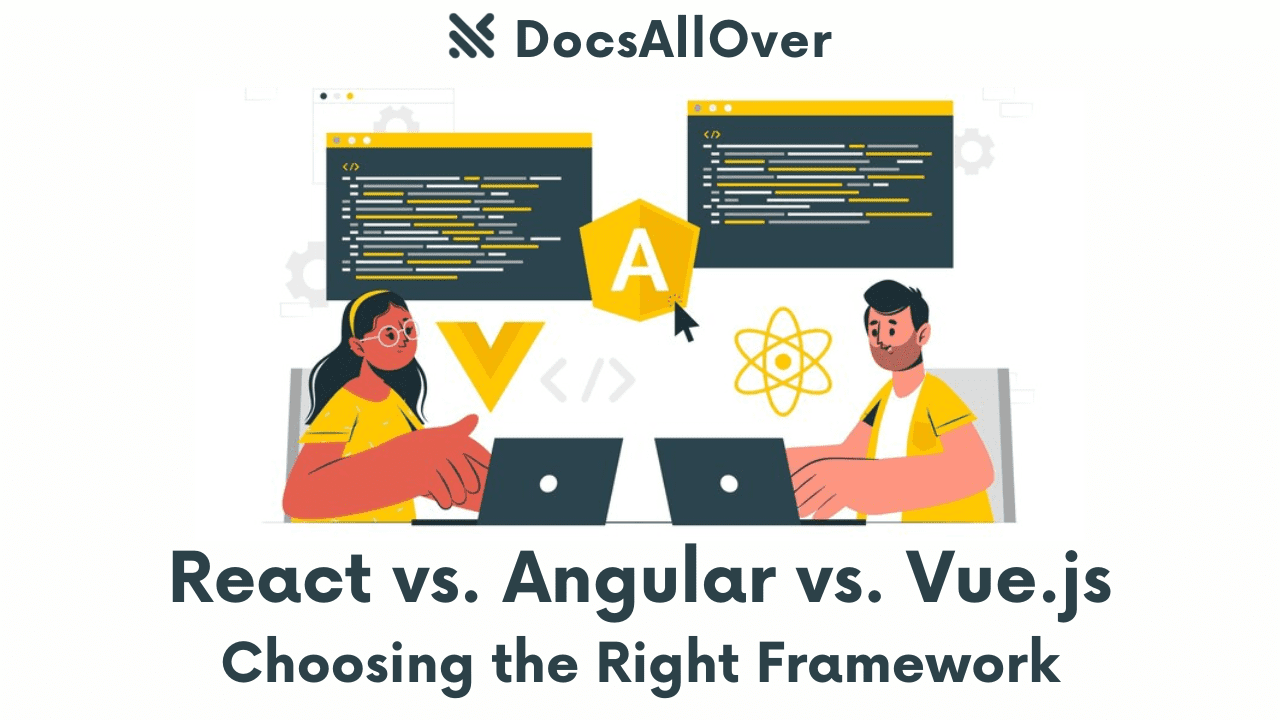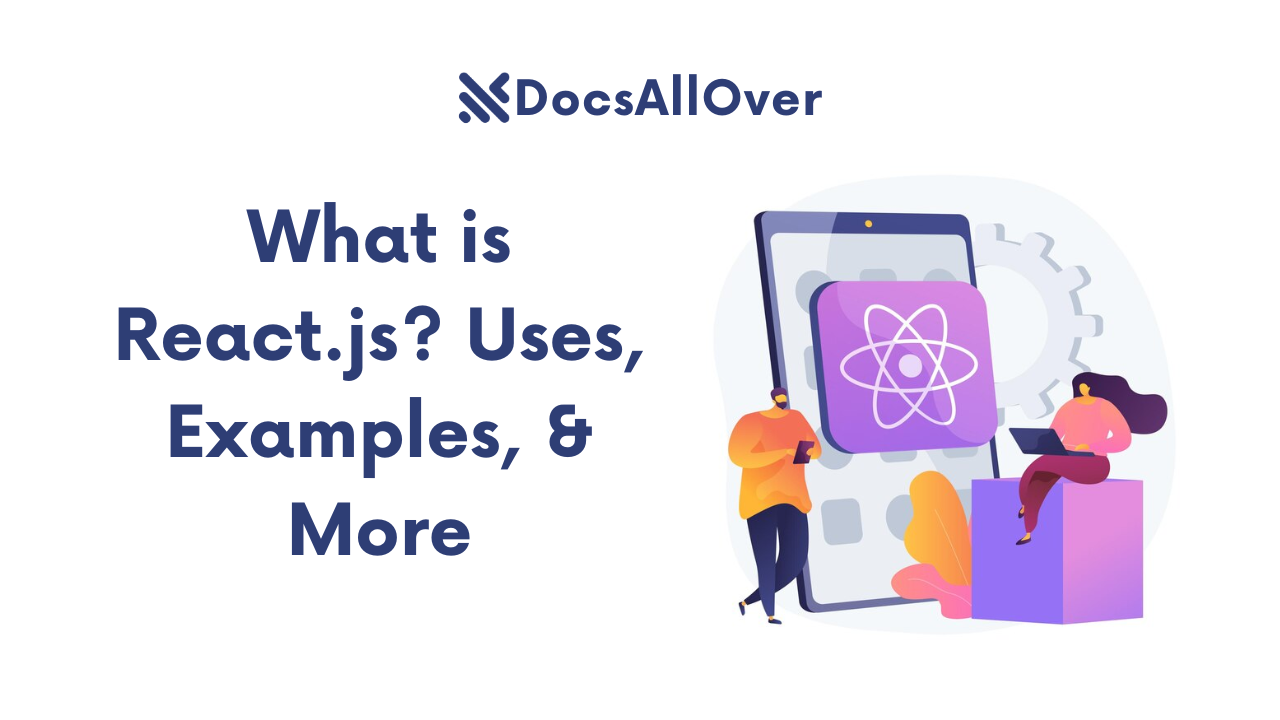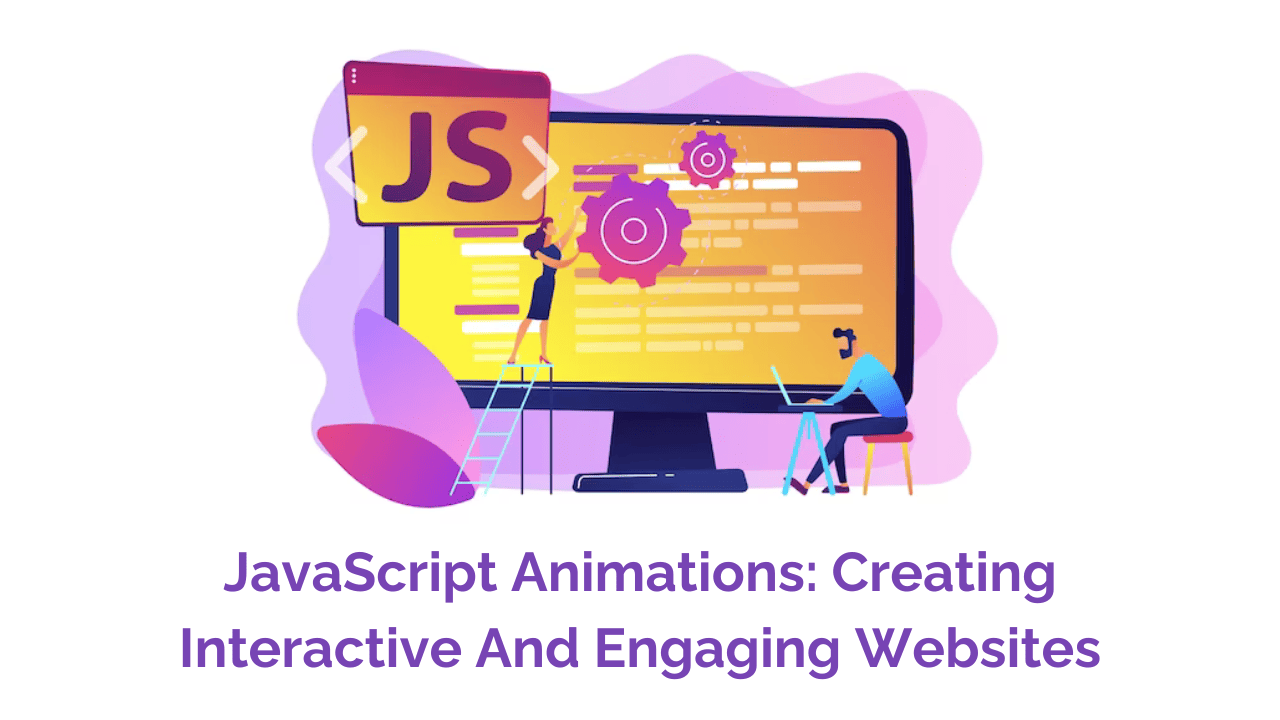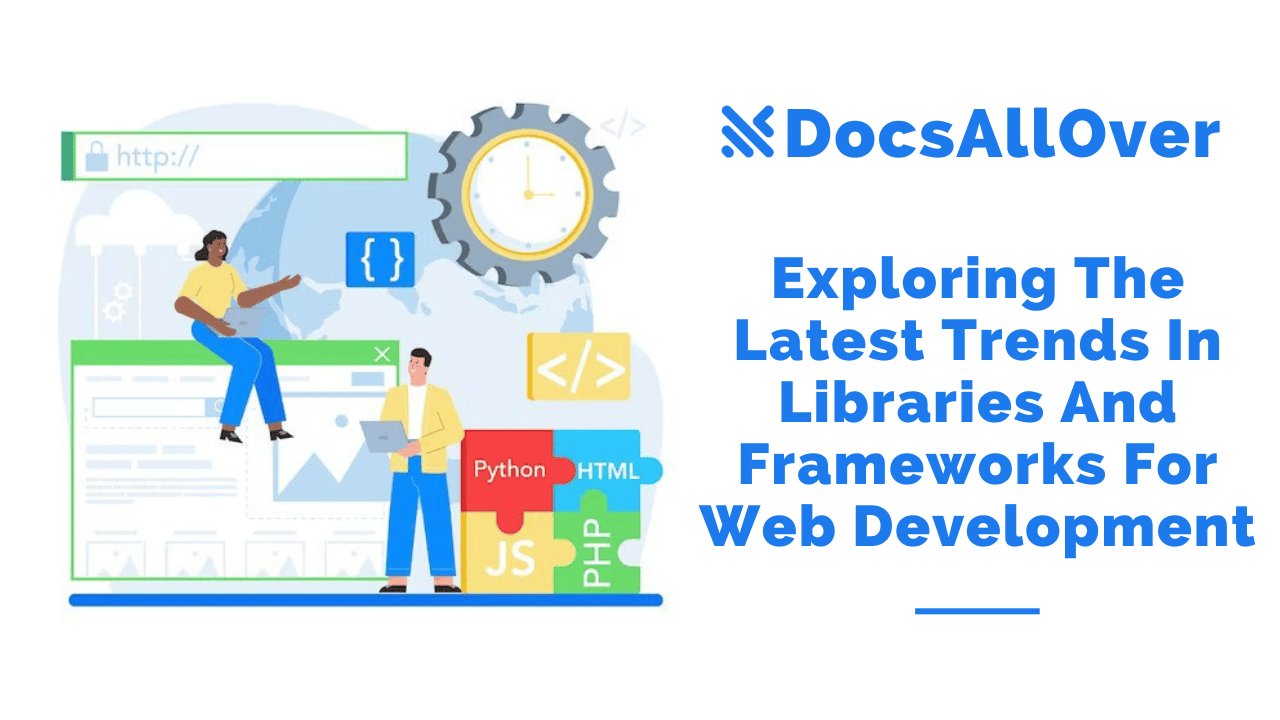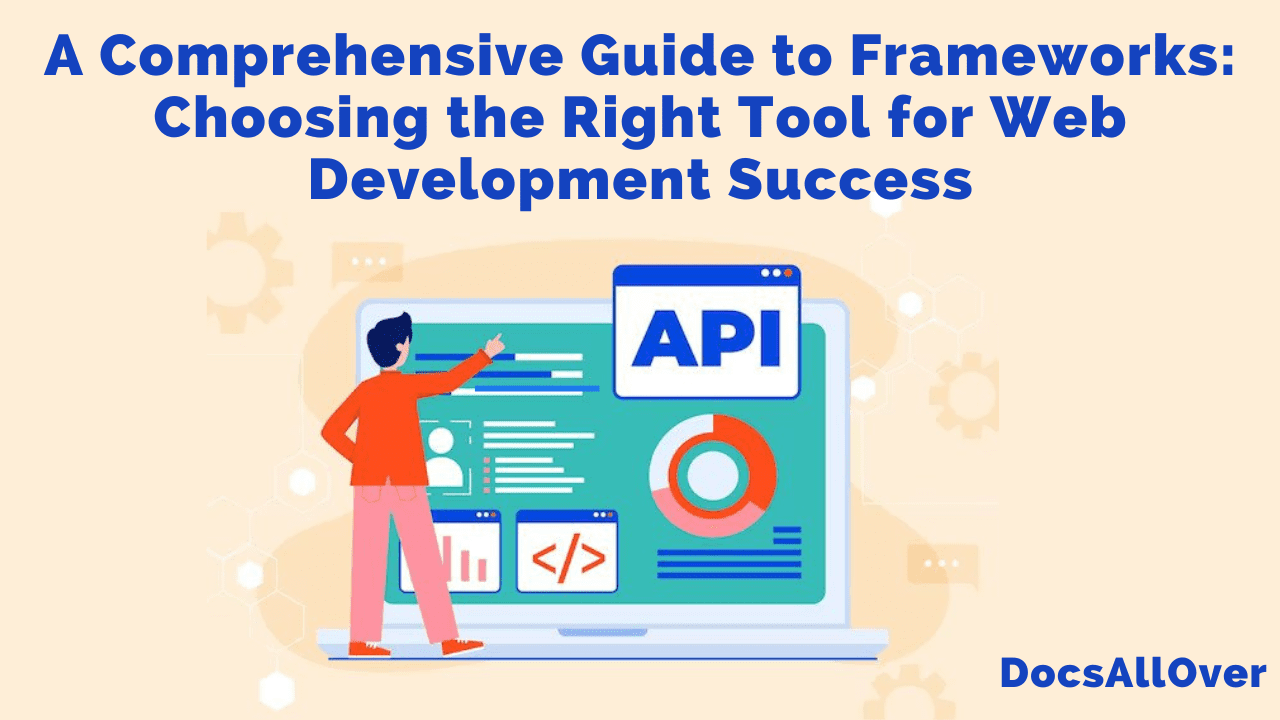When to Use a Library vs. a Framework: Understanding Their Strengths
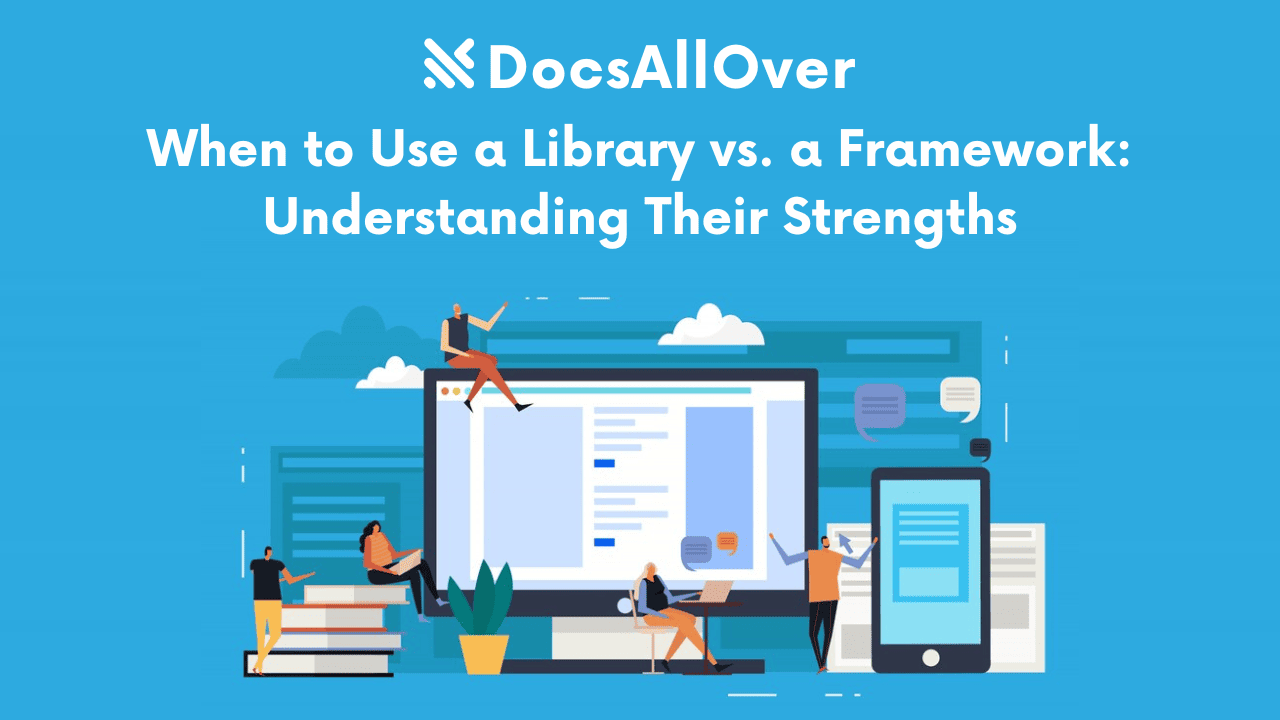
What are Libraries and Frameworks?
- Libraries: Collections of pre-written code that can be reused in your projects. They provide specific functionalities or solutions to common problems.
- Frameworks: A structured approach to building applications, providing a foundation and guidelines for development. They often include a set of tools, libraries, and conventions.
Key Differences Between Libraries and Frameworks
| Feature | Libraries | Frameworks |
|---|---|---|
| Structure | Unstructured | Structured |
| Purpose | Provide specific functionality | Provide a foundation for building applications |
| Control | More control over implementation | Less control, but more structure |
| Complexity | Generally simpler to use | Can be more complex to learn and integrate |
Importance of Understanding the Choice
Choosing the right tool (library or framework) for your project can significantly impact its development process, maintainability, and scalability. Understanding the key differences between libraries and frameworks will help you make informed decisions.
Libraries: Building Blocks for Your Projects
Definition of Libraries
Libraries are collections of pre-written code that can be reused in your projects. They provide specific functionalities or solutions to common problems, saving you time and effort.
Common Types of Libraries
- UI Libraries: Provide pre-built UI components and styles, such as buttons, forms, and navigation elements. Examples: React, Angular, Vue.js, Bootstrap, Material UI
- Utility Libraries: Offer general-purpose functions and utilities, such as data manipulation, string formatting, and array operations. Examples: Lodash, Moment.js, Axios
- Data Manipulation Libraries: Specialized libraries for working with data, including data structures, algorithms, and visualization tools. Examples: D3.js, TensorFlow.js, Chart.js
Advantages of Using Libraries
- Flexibility and Customization: Libraries offer a high degree of flexibility, allowing you to customize and adapt them to your specific needs.
- Smaller Footprint: Libraries are often smaller in size compared to frameworks, leading to faster load times and reduced resource consumption.
- Easier to Learn and Integrate: Libraries are generally easier to learn and integrate into your projects compared to frameworks.
Example:
Instead of writing custom code for a date picker component, you can use a UI library like Material UI that provides a pre-built date picker component with customizable options. This saves you time and effort while ensuring a consistent user experience.
By understanding the benefits of libraries and choosing the right ones for your projects, you can streamline your development process and build more efficient and maintainable web applications.
Frameworks: A Structured Approach
Definition of Frameworks
Frameworks provide a structured approach to building web applications. They offer a foundation, guidelines, and often a set of tools and libraries to streamline the development process.
Common Types of Frameworks
- Full-stack frameworks: Provide a comprehensive set of tools and features for both frontend and backend development. Examples: Django, Ruby on Rails, Laravel.
- Front-end frameworks: Focus on building user interfaces and handling client-side logic. Examples: React, Angular, Vue.js.
- Component-based frameworks: Provide pre-built components that can be combined to create complex user interfaces. Examples: Bootstrap, Material UI, Semantic UI.
Advantages of Using Frameworks
- Opinionated structure: Frameworks often have a specific way of doing things, which can provide structure and consistency to your projects.
- Built-in features and tools: Frameworks often include built-in features like routing, state management, and data fetching, saving you time and effort.
- Community and ecosystem: Frameworks often have large and active communities, providing support, resources, and third-party libraries.
Example:
Using a full-stack framework like Django can provide a structured approach to building web applications, including features like ORM, templating, and routing. This can save you time and effort compared to building everything from scratch.
Choosing the Right Tool
When deciding whether to use a library or a framework for your project, consider the following factors:
Factors to Consider
- Project size and complexity: For smaller projects with limited requirements, libraries might be sufficient. For larger, more complex projects, frameworks can provide a better structure and organization.
- Team expertise: Evaluate your team's skills and experience with libraries and frameworks. If your team is more comfortable with a particular framework, it might be a good choice.
- Development goals: Consider your project's goals, such as performance, scalability, and maintainability. Some tools may be better suited for specific goals.
Use Cases for Libraries
- Small-scale projects: Libraries can be a good choice for smaller projects where you need specific functionalities.
- Customizable solutions: If you require a high degree of customization, libraries can offer more flexibility.
- Quick prototyping: Libraries can be used to rapidly prototype and test ideas.
Use Cases for Frameworks
- Large-scale projects: Frameworks can provide a solid foundation for building complex web applications.
- Standardized development process: Frameworks can enforce a consistent development process and improve code quality.
- Community and ecosystem: Frameworks often have large communities and ecosystems, providing support, resources, and third-party libraries.
Hybrid Approaches
In some cases, a combination of libraries and frameworks might be the best approach. For example, you could use a framework for the overall structure of your application and incorporate libraries for specific functionalities.
By carefully considering these factors, you can make an informed decision about whether to use a library or a framework for your project.
